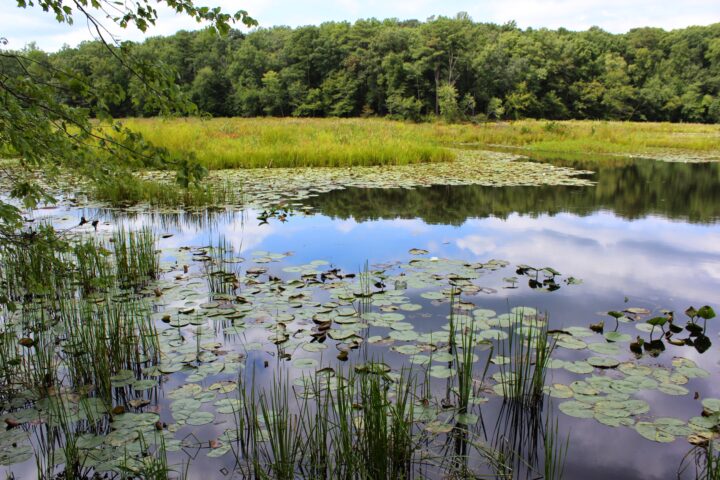“America is at a crossroads. One road leads to community, the other to the chaos of competing identities and interests.” These words, inspired by the writings of Martin Luther King, Jr., are the opening sentences of A Call to Community, a manifesto for honest conversation about race that Hope in the Cities and its national partners launched in May, 1996 at the National Press Club in Washington, DC.* They could have been written for today.
There’s an overwhelming sense that we are at a hinge point in the history of America. Will we come together to meet the pressing challenges facing this country, or will we descend into ever-increasing cycles of resentment, blame and denial?
Many people I have spoken with in recent weeks express deep anxiety, depression, anger and exhaustion. Some are terrified at what may lie ahead. What will it take to build trust in a society where trust is constantly being undermined?
In recent weeks I have had conversations with Dr. Catherine Meeks who directs the Absalom Jones Center for Racial Healing in Atlanta, Georgia. In a forum sponsored by the Episcopal Health Foundation in Texas she shared some valuable pointers for people who want to work for racial healing and equity. Here are a few of my reflections inspired by her comments.
“Stand still and listen to the voice you really need to be hearing.” We are surrounded by voices. We are bombarded by social media. But what is the voice we need to be hearing? Each of us needs to find a space in our lives. Many people find that space in the first hour of the day. A time of quiet inner listening, reflection and discernment helps us lay aside pre-occupations, pressures, and fears. It can be a source of inspiration and perspective for the day, connecting the head and the heart, sometimes leading to practical steps to engage with individuals and the community.
“Ask the right questions.” What do we want to be as a country when COVID-19 has subsided? Meeks says, “I have found that if you ask the right question and listen long enough for the answer that is meant for you, it will help you find the next step.” I recall a friend saying that hope is healing and responsibility in action. A central question for us in America is do we really want to be well, to become whole? And if so, what will we do about it?
“Look at challenges as invitations.” Along with the virus, we face systemic racism, political polarization, widespread unemployment and poverty, and calamitous fires and floods due to climate change. Meeks urges us to approach challenges as “invitations,” as opportunities “to take a deep hard look at ourselves and our country.”
“We need to take a self-inventory.” For some of us it means asking, “What of my privilege am I willing to relinquish in order that there can be true liberation for every person in this country?” Others of us may be challenged to examine attitudes and actions based on victimization and blame. Each of us has baggage we need to leave behind.
“Don’t give guilt a dinner party.” Every racial, ethnic and religious group can point to aspects of their past or present that they are not proud of. White folks have a special responsibility at this time to face painful truths about our violent, racist history and its legacies. But as my colleague, the Rev. Ben Campbell says, white guilt is the biggest barrier to white racial learning. We should use our new understanding as a spur to action.
Can we welcome change and have the courage to accept that this change will be uncomfortable for all of us in different ways? Can we move forward as a learning community, recognizing that we are all on a journey?
- As stated on the Hope in the Cities website page, A Call to Community has been endorsed by many community, nonprofit, faith-based and government leaders and organizations to build interconnected communities across the U.S. that are resilient, relentless and re-energized around historical truth-telling, racial and class equity, restorative justice and people-centered processes. The Call became the basis for a dialogue curriculum which was implemented in many localities throughout the country and which is included in the PDF.
